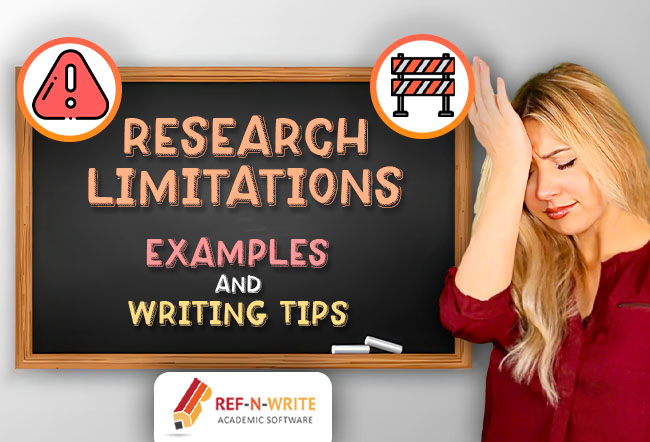How to Write Catchy Research Paper Titles with Examples
The title of your paper should be catchy yet informative. Let’s dive into some tips and tricks to ensure your title stands out in the academic crowd.

The title of your paper should be catchy yet informative. Let’s dive into some tips and tricks to ensure your title stands out in the academic crowd.

Hedging in academic writing refers to using language that indicates uncertainty or caution. Hedging can boost your credibility in the scientific world.

In this blog, we will discuss six popular referencing styles that are widely used in research publications, along with detailed examples.

The Vancouver style uses a numeric citation system where sources are cited as numbers within brackets or using superscript in the order in which they appear.

The MLA style uses an author-page number system. The MLA style is predominantly used in the field of humanities.

In the Chicago referencing style, the sources are cited by adding a superscript after the information and the reference details are given in the footnote at the bottom of the page.

The APA referencing style uses author-date system. The APA style is predominantly used in the fields of psychology, health, and social sciences.

IEEE style uses a numeric citation system where references are cited as numbers in square brackets. It is predominantly used in the field engineering and technology.

In this blog, we will look at some clever techniques to present the study limitations without reducing the impact of your work.

In this blog, we provide tips for presenting study limitations in your paper and provide some real-world examples.